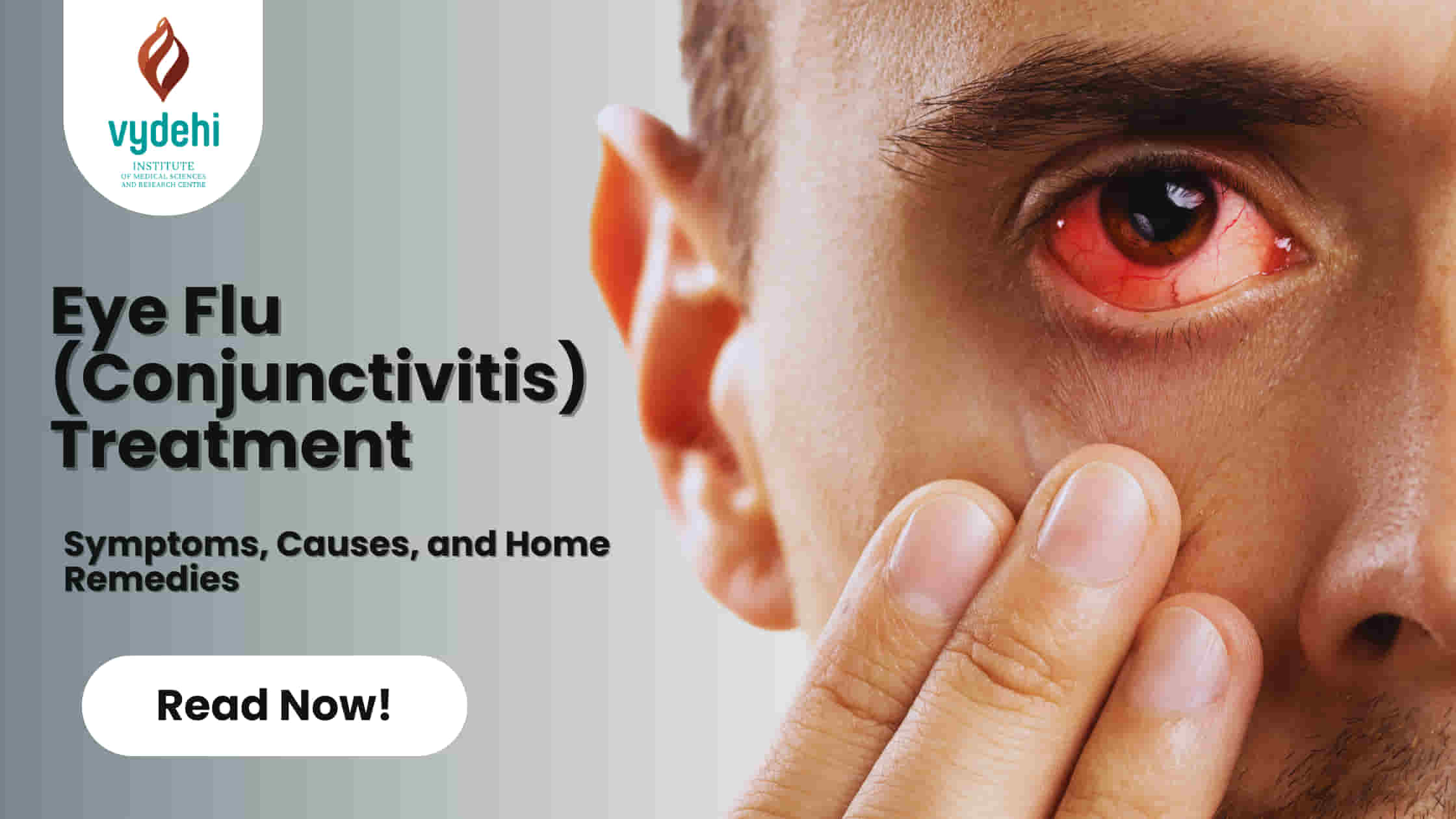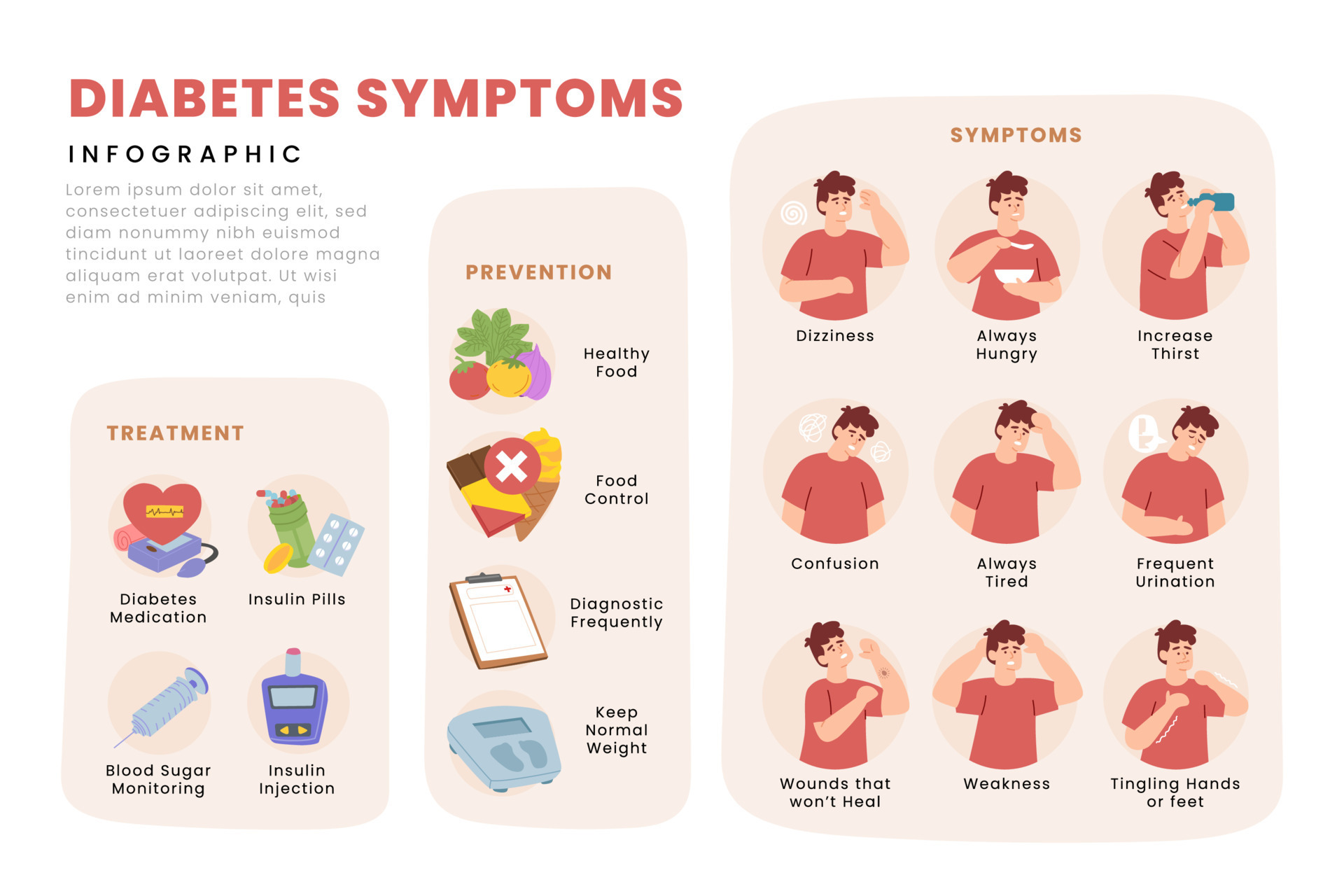The Flu: Symptoms, Treatment, And Prevention: With the recent surge in flu cases, it's more important than ever to be aware of the symptoms, treatment, and prevention methods for this common illness.
Editor's Notes: "The Flu: Symptoms, Treatment, And Prevention" have published on 18 October 2023. This topic important to read because the flu can be a serious illness, and it's important to know how to protect yourself and your loved ones.
We've done some analysis, digging information, made The Flu: Symptoms, Treatment, And Prevention we put together this The Flu: Symptoms, Treatment, And Prevention guide to help target audience make the right decision.
Key differences or Key takeaways
| Symptom | Treatment | Prevention |
|---|---|---|
| Fever | Rest, fluids, and over-the-counter pain relievers | Get a flu shot, wash your hands frequently, and avoid contact with sick people |
| Cough | Cough suppressants, expectorants, and rest | Cover your mouth and nose when you cough or sneeze, and stay home from work or school if you're sick |
| Sore throat | Throat lozenges, gargling with salt water, and rest | Get plenty of rest, and drink plenty of fluids |
| Body aches | Over-the-counter pain relievers, rest, and heat therapy | Exercise regularly, eat a healthy diet, and get enough sleep |
| Fatigue | Rest, fluids, and over-the-counter pain relievers | Get a flu shot, wash your hands frequently, and avoid contact with sick people |
Transition to main article topics
In this guide, we will discuss the following topics:
- What is the flu?
- What are the symptoms of the flu?
- How is the flu treated?
- How can the flu be prevented?
- When should I see a doctor?
FAQ
Seek medical attention for flu-like symptoms, especially if they persist or worsen. Preventative measures include getting vaccinated annually, washing hands frequently, and covering coughs and sneezes.

Eye Flu Treatment: Symptoms, Causes, and Home Remedies - Source vims.ac.in
Question 1: What are the common symptoms of the flu?
Fever, cough, sore throat, muscle aches, fatigue, and headache are common symptoms of the flu.
Question 2: How is the flu treated?
Treatment for the flu typically involves rest, over-the-counter pain relievers, and cold medication. In severe cases, antiviral medications may be prescribed.
Question 3: How can I prevent getting the flu?
Getting vaccinated annually is the most effective way to prevent the flu. Other measures include washing hands frequently, covering coughs and sneezes, and avoiding close contact with people who are sick.
Question 4: When should I seek medical attention for the flu?
If flu-like symptoms persist or worsen, it is important to seek medical attention, especially if you are at high risk of complications, such as the elderly, young children, or those with chronic medical conditions.
Question 5: Can the flu lead to serious complications?
In severe cases, the flu can lead to pneumonia, bronchitis, or even death. It is important to take preventive measures and seek medical attention if necessary.
Question 6: Is the flu vaccine safe and effective?
The flu vaccine is generally safe and effective. It is recommended for everyone six months of age and older, except in cases of severe allergy to the vaccine ingredients.
Remember, it is essential to seek medical attention for flu-like symptoms and take preventive measures to protect yourself and others from the flu.
Next Article Section:
Tips
Reduce your risk of getting the flu by learning essential tips on preventing, treating, and recognizing The Flu: Symptoms, Treatment, And Prevention to keep yourself and others healthy during flu season.
Tip 1: Get vaccinated.
The flu vaccine is the most effective way to prevent the flu. It is made with inactivated flu viruses, which means that they cannot cause the flu. The flu vaccine is safe and effective for most people, and it is recommended for everyone over the age of six months.
Tip 2: Wash your hands frequently.
Washing your hands with soap and water is one of the best ways to prevent the spread of the flu. Wash your hands for at least 20 seconds, especially after coughing, sneezing, or blowing your nose.
Tip 3: Cover your mouth and nose when you cough or sneeze.
Cover your mouth and nose with a tissue when you cough or sneeze. If you don't have a tissue, cough or sneeze into your elbow, not your hands.
Tip 4: Stay home if you are sick.
If you are sick with the flu, stay home from work or school to avoid spreading the virus to others. Rest and drink plenty of fluids until you are feeling better.
Tip 5: Take antiviral medications if you are prescribed them.
Antiviral medications can be used to treat the flu. They are most effective when taken within the first 48 hours of symptoms.
Tip 6: Get plenty of rest.
When you are sick with the flu, your body needs time to rest and heal. Get plenty of sleep and take naps when you can.
Tip 7: Drink plenty of fluids.
Staying hydrated is important when you are sick with the flu. Drink plenty of fluids, such as water, juice, or soup.
Tip 8: See a doctor if your symptoms are severe.
If you have severe symptoms, such as difficulty breathing, chest pain, or a high fever, see a doctor right away.
By following these tips, you can help to reduce your risk of getting the flu and spreading it to others.
The Flu: Symptoms, Treatment, And Prevention
The flu, also known as influenza, is a highly contagious respiratory illness caused by the influenza virus. It affects people of all ages and can cause a range of symptoms, from mild to severe. Understanding the symptoms, treatment options, and preventive measures is crucial to minimize its impact.
- Symptoms: Fever, chills, body aches, fatigue, headache, stuffy nose, sore throat, cough.
- Treatment: Rest, fluids, over-the-counter medications, antiviral drugs, hospitalization in severe cases.
- Prevention: Vaccination, hand hygiene, respiratory etiquette, antiviral medications, avoiding close contact with the infected.
- Transmission: Droplets from coughs and sneezes, contact with contaminated surfaces.
- Complications: Pneumonia, bronchitis, sinus infection, hospitalization, death (in severe cases).
- Risk Factors: Young children, elderly, pregnant women, those with chronic health conditions.
![]()
Premium Vector | Food poisoning symptoms. Stomach ache, preventing - Source www.freepik.com
The flu can spread rapidly, especially during seasonal outbreaks. Preventive measures like vaccination, regular hand washing, and avoiding touching the face can significantly reduce the risk of infection. Early diagnosis and treatment can help alleviate symptoms and shorten the course of the illness. Vaccination is the most effective way to prevent infection and reduce the severity of symptoms if infected. For those at high-risk, antiviral medications can be prescribed to minimize complications. Prompt medical attention is crucial in cases of severe symptoms, such as difficulty breathing, chest pain, or altered mental status.
The Flu: Symptoms, Treatment, And Prevention
The flu is a respiratory illness that can cause fever, cough, sore throat, runny nose, and body aches. It is caused by the influenza virus, which can spread through the air when an infected person coughs or sneezes. The flu can be serious, especially for young children, the elderly, and people with chronic health conditions.

Diabetes prevention symptoms treatment and patients care pictorial - Source www.vecteezy.com
There is no cure for the flu, but treatment can help to relieve symptoms and prevent complications. Treatment options include rest, over-the-counter pain relievers, and antiviral medications. Antiviral medications can be effective in reducing the severity and duration of the flu, but they must be taken within the first 48 hours of symptoms onset.
The best way to prevent the flu is to get vaccinated each year. The flu vaccine is safe and effective, and it can protect against most strains of the flu virus. Other preventive measures include washing your hands frequently, avoiding contact with sick people, and covering your mouth and nose when you cough or sneeze.
The flu is a common illness, but it can be serious. If you have the flu, it is important to stay home from work or school to avoid spreading the virus. You should also see a doctor if your symptoms are severe or if you have any underlying health conditions.
Conclusion
The flu is a serious illness that can have a significant impact on your health. By understanding the symptoms, treatment, and prevention methods of the flu, you can take steps to protect yourself and your loved ones from this potentially debilitating illness.
It is important to remember that the flu vaccine is the best way to prevent the flu. The vaccine is safe and effective, and it can protect against most strains of the flu virus. If you have not yet received your flu vaccine, please make an appointment with your doctor to get vaccinated as soon as possible.